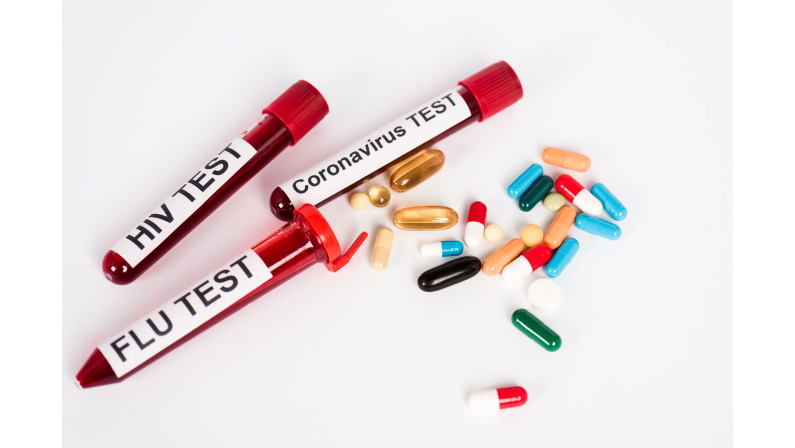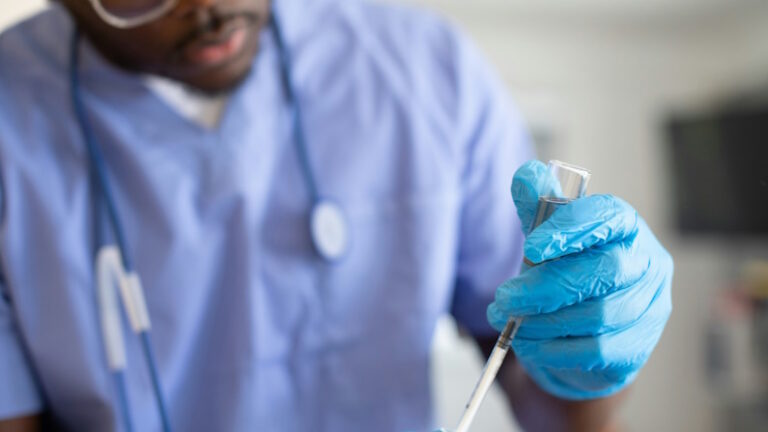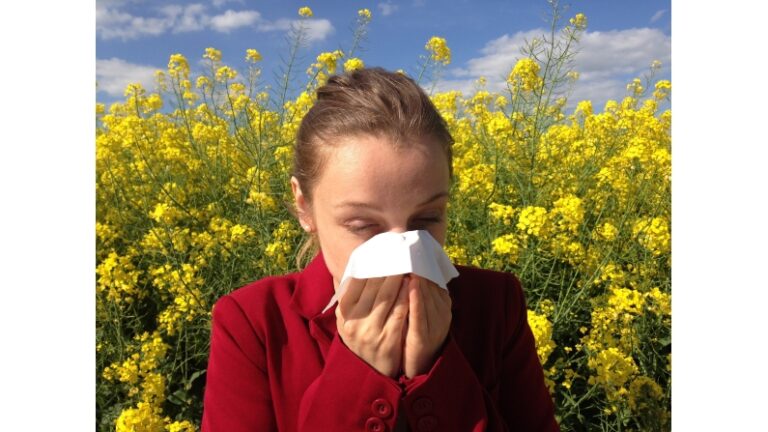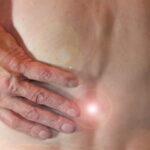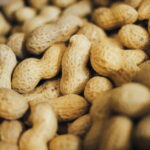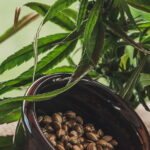Johnson & Johnson’s success seems to be faltering recently: aside from the FDA temporarily recalling the vaccine due to instances of blood clots, Janssen’s promising study of an HIV vaccine has also fallen short of scientists’ expectations.
The search for an HIV vaccine has been a harrowing journey, running on for decades. According to the National Institutes of Health (NIH), researchers identified in the 80s that HIV was what caused AIDS. As many trials have unfolded, all have failed out of concerns for safety or efficacy.
There are currently effective treatments that help patients maintain remission, and since HIV peaked in 2004, AIDS-related deaths have declined. But contracting the infection continues to be a global problem. In 2020, 680,000 people worldwide succumbed to AIDS due to a lack of a vaccine.
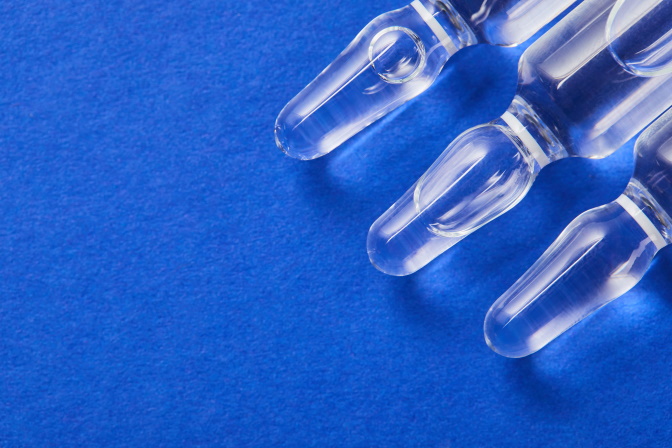
The Imbokodo Trial
Researchers launched the Imbokodo trial in South Africa in 2017, which included one of the latest HIV vaccines scientists have been researching and testing. It’s a combination of 2 well-characterized broadly neutralizing antibodies, VRC01 and 1236. The trial was a Phase 2 placebo-controlled randomized clinical trial. Researchers evaluated the efficacy and safety of a single injection of VRC01 plus 1236. The study participants were HIV-1 infected participants in South Africa.
The scientists held the trial in rural Africa and had a sample size of 2600 South African women participants. Each participant enrolled only once during the trial. The researchers tested 2 different vaccines: one from Johnson & Johnson called “Imbokodo” and another from Merck called “HVTN 702.”
Participants fully enrolled in the study by 2019, and all of them completed their vaccinations by June 2020.
Unfortunately, the Imbokodo study found that the vaccine did not show sufficient protection against HIV; it was 31% effective in preventing infection. The placebo offered about 10% protection.
Anthony Fauci, director of the U.S. National Institute of Allergy and Infectious Diseases, maintains that even though it’s “not the study outcome for which we had hoped, we must apply our learned knowledge from the Imbokodo trial.”
Scientists have conducted many different clinical trials this past decade in order to find an effective HIV vaccine. But so far, there is still no cure available. People still believe a cure is not far away from happening because there are other promising clinical trials happening worldwide.
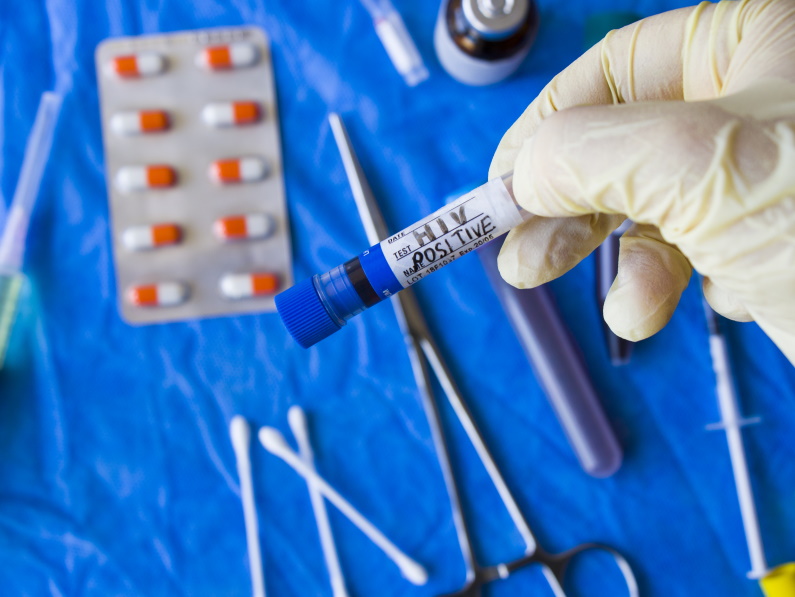
Conclusion on the Johnson & Johnson HIV Vaccine
As far as Johnson & Johnson claims, “the Imbokodo study is ongoing, and the study has generated enough data to progress with key immunological correlated research.”
Paul Stoffels, MD and vice-chairman of the Executive Committee and CSO at Johnson & Johnson also had a positive outlook. “We are grateful to the women who volunteered, and to our partners, including people on the frontlines, contributing to this enduring quest to make HIV history.”
For more information on the Imbokodo trial, visit BioSpace.
